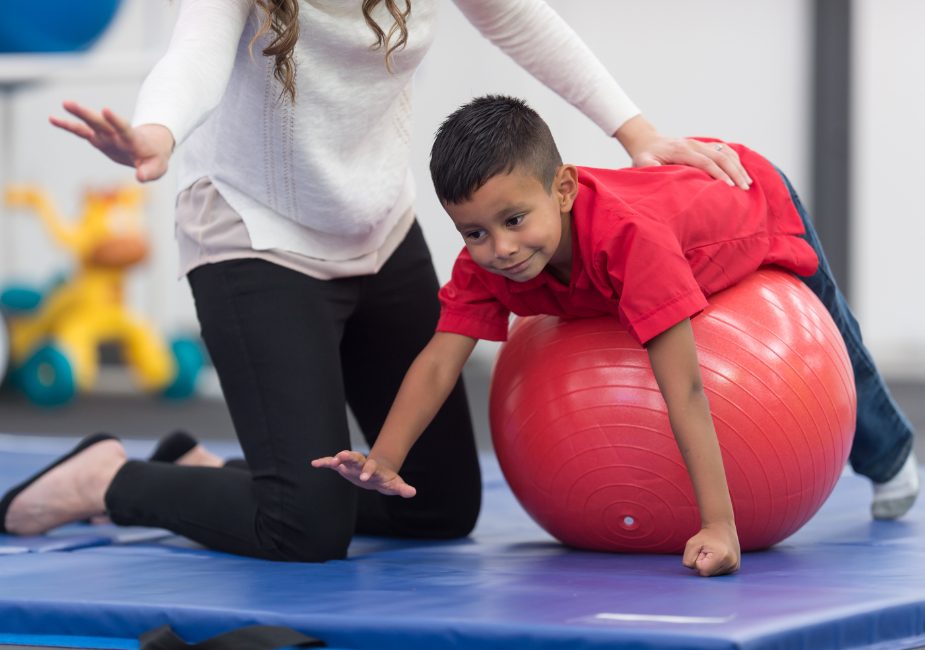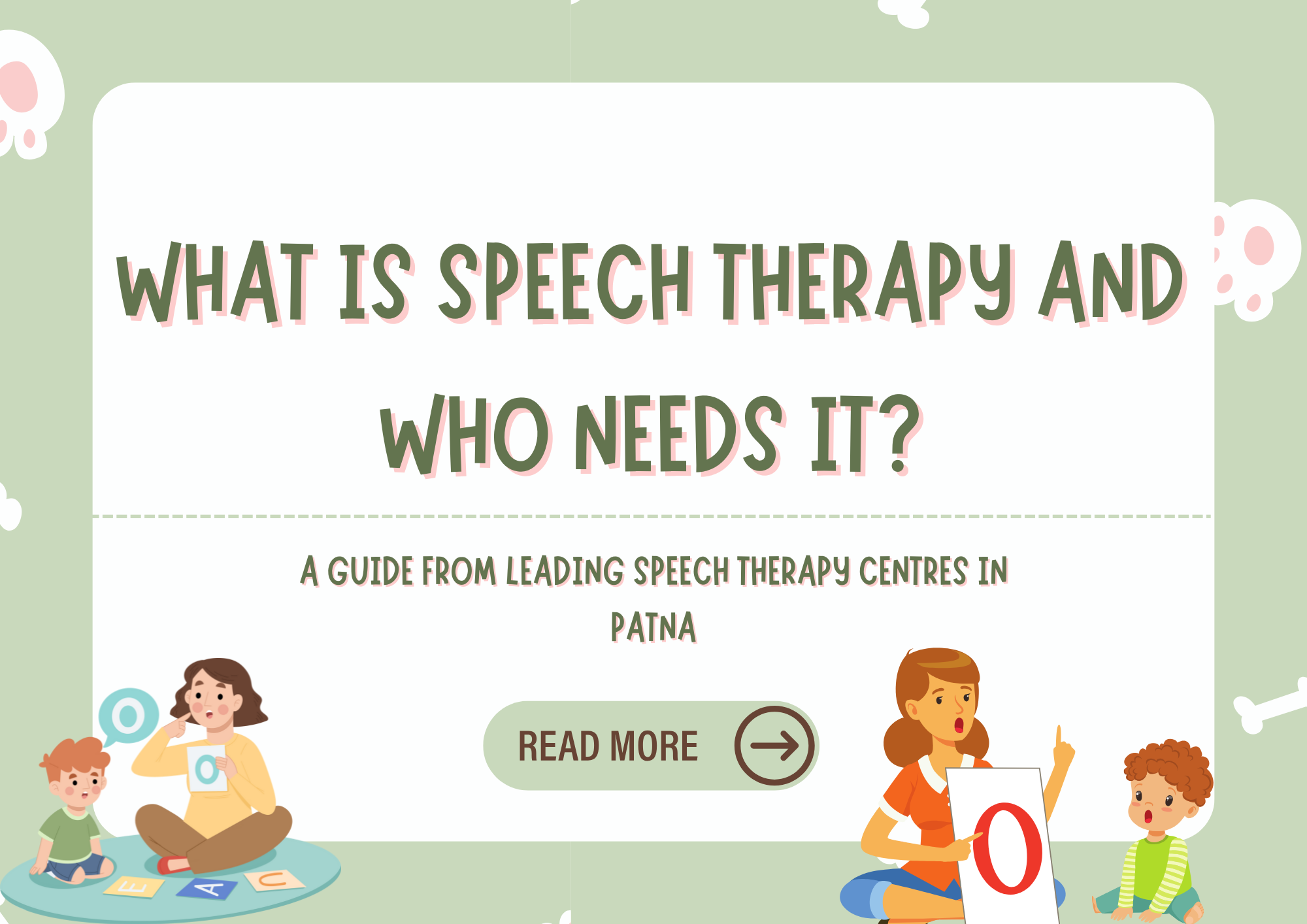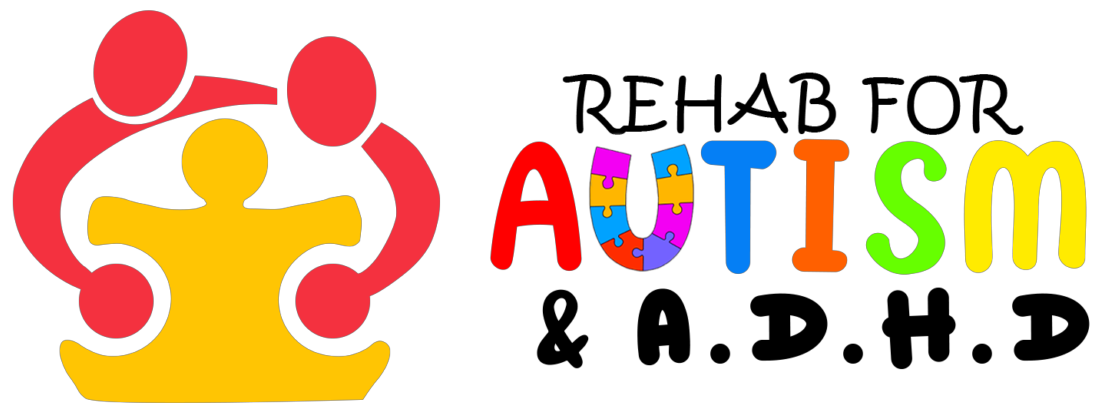As parents, we all want the best for our children, and watching them grow and develop is one of the most satisfying experiences. But what happens when you notice your child’s behavior is different from other kids their age? If your 4-year-old son is having trouble with things like playing, interacting with others, or handling daily tasks, it’s natural to think about whether something more might be going on. One possible solution that could help is occupational therapy.
Occupational therapy is a type of support that helps children develop the skills they need to participate in everyday activities. For young kids, this could mean anything from learning to hold a spoon properly to managing their emotions when they’re frustrated. If your child is struggling with these or other tasks, an occupational therapist might be able to help.
What is Occupational Therapy?
In simple terms, occupational therapy is all about helping people do the things they need to do in everyday life. For adults, this could mean learning to deal with life after an injury or illness. For kids, it’s about developing the skills they need to play, learn, and grow.
An occupational therapy center is a place where trained professionals work with children to improve their ability to handle daily tasks. The goal is to help kids become more independent and confident in what they do, whether it’s playing with toys, interacting with other children, or taking care of themselves.
Signs Your Child Might Benefit from Occupational Therapy

All kids are different, and it’s normal for them to develop at their own pace. However, if you’ve noticed that your child is having more difficulty with certain tasks than other kids their age, it might be advisable to look at occupational therapy. Some common signs that your child could benefit from seeing an occupational therapist include:
- Trouble with Fine Motor Skills: If your child struggles with tasks that involve using their hands, like holding a pencil, using utensils, or buttoning their clothes, this could be a sign that they need some extra help.
- Challenges with Gross Motor Skills: Gross motor skills involve bigger movements, like running, jumping, or climbing. If your child seems confused or has trouble with these activities, it might be something to look into.
- Sensory Processing Issues: Some children are more sensitive to sensory input. They may be bothered by loud noises, certain textures, or bright lights, or they may be insensitive to sensory stimuli. For example, they might not notice when their hands are dirty or crave intense feelings, like spinning or crashing into things.
- Difficulty Regulating Emotions: If your child frequently has tantrums, gets easily frustrated, or has trouble calming down, it could be a sign that they’re struggling with emotional regulation.
- Struggles with Social Interactions: If your child has difficulty time playing with other kids, following directions, or understanding social cues, an occupational therapist can help them develop these key skills.
- Challenges with Daily Tasks: If your child struggles with everyday activities like feeding themselves, getting dressed, or brushing their teeth, this is another area where occupational therapy can help.
A Real-Life Example
Let’s take an example to make this clearer. Meet Raj, a 4-year-old who was having trouble doing things that seemed easy for other kids his age.
He couldn’t hold a spoon properly, and he would get very upset if his parents tried to make him wear certain clothes because they felt “too itchy.” He also had a hard time playing with other kids and would often get frustrated when things didn’t go his way.
Raj’s parents decided to take him to an occupational therapy center after noticing these issues. There, a trained occupational therapist assessed Raj and found that he was struggling with sensory processing. This means that his brain was having trouble making sense of the information it was receiving from his senses. He was also having difficulty with fine motor skills, which explained why he couldn’t hold his spoon properly.
Through therapy, Raj participated in fun activities that were designed to help him overcome these challenges. For example, his therapist used sensory bins filled with different textures to help him become more comfortable with new sensations. Over time, Raj’s fine motor skills improved, and he became more comfortable with wearing different kinds of clothes. He also learned ways to manage his frustration, which made it easier for him to play with other kids.
What Does Research Say About Occupational Therapy?
Recent studies back up the idea that occupational therapy can be a huge help for children with developmental challenges. A study published in 2022 in the Journal of Occupational Therapy in Pediatrics found that kids who had therapy for sensory processing issues showed noticeable improvements in their ability to handle everyday tasks and regulate their emotions within just a few months.
Another study from 2021 in Developmental Medicine & Child Neurology highlighted the importance of creating personalized therapy plans for each child. Kids who had therapy specific to their individual needs were more likely to make progress in things like motor skills and social interactions.
These findings emphasize how valuable occupational therapy can be in helping children overcome challenges and reach their full potential.
What Happens During Occupational Therapy?

If you do decide to take your child to an occupational therapist, what can you expect? Therapy sessions are typically designed to feel like play, which helps kids stay engaged and motivated. The therapist will use activities that are fun but also specifically designed to target the areas where your child needs help.
Some examples of what might happen during therapy include:
- Fine Motor Activities: The therapist might have your child play with toys that require hand-eye coordination, like stacking blocks or threading beads.
- Sensory Play: If your child is struggling with sensory processing, the therapist might introduce them to different textures, sounds, or lights in a controlled way, helping them get more comfortable with these sensations.
- Gross Motor Exercises: For kids who need help with larger movements, the therapist might set up obstacle courses or other physical activities to improve their balance, strength, and coordination.
- Emotional Regulation: The therapist will also work with your child to help them learn how to manage their emotions and frustrations in healthy ways.
The number of sessions your child needs depends on their specific challenges and how quickly they make progress. Some kids might only need a few months of therapy, while others may benefit from more long-term support.
Conclusion
If you’re worried about your 4-year-old son’s behavior and development, it’s important to remember that every child is different. Some children simply develop at their own pace, and that’s perfectly normal. However, if your child is having difficulty with things like motor skills, sensory processing, or social interactions, it might be time to consider occupational therapy.
Occupational therapy can help your child develop the skills they need to succeed in everyday life, and the earlier you seek help, the better. By working with an occupational therapist, your child can learn to overcome their challenges and thrive in their environment.
How Rehab for Autism and ADHD Can Help
If you’re in Patna and looking for a center that can help your child with these challenges, Rehab for Autism and ADHD offers specialized services for children with developmental delays. Our Autism & Occupational Therapy Center in Patna provide a supportive and nurturing environment where your child can develop the skills they need to succeed. Our team of experienced therapists works closely with each child to create a plan that meets their unique needs. Reach out to us today to learn more about how we can help your child succeed.








